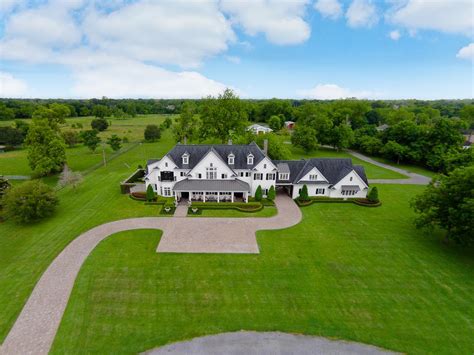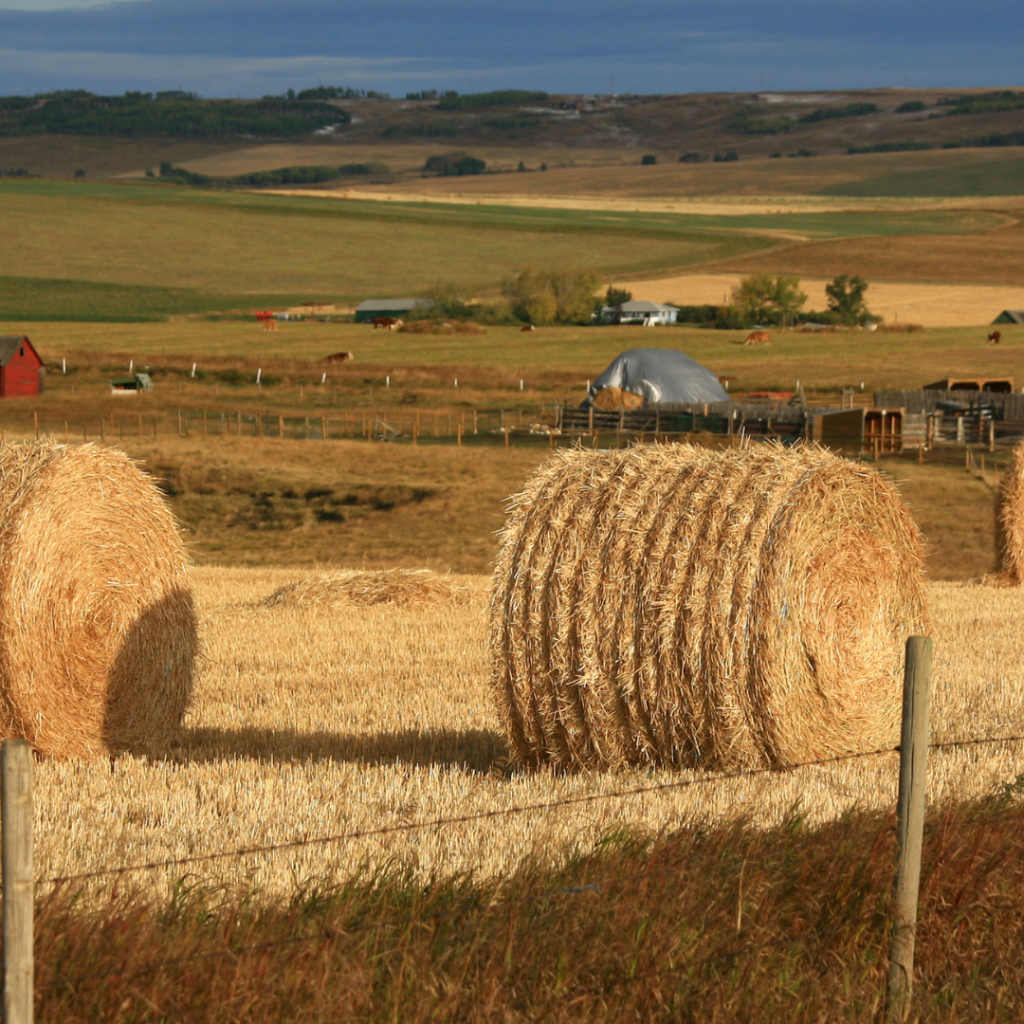Rural Financing Specialist
Rural Specialist
Rural financing can be difficult to navigate which is why it is so important to have a professional on your side. With 20 years of rural lending, I have a vast amount of experience to help you with the process and to know your options available.
Rural financing refers to the funding of agricultural or (other rural-related projects) in a rural area. When considering building or buying a home on raw land (raw land = land that has not been developed, subdivided, or improved in any way ie: in its natural state, without any infrastructure or buildings on it) or running a hobby farm, it is important to take into account all of the factors. Let’s take a closer look at a few.
 Building on Raw Land
Building on Raw Land
Buying a parcel of land and building your dream home is an exciting venture – but here are some key points to consider:
- Higher down payment (25 – 50%)
- Higher interest rates
- Zoning laws and building codes
- Access to utilities (water, electricity, sewage)
- Soil quality and topography
- Environmental factors (flood zones, endangered species, etc.)
- Permits and fees, transportation access
- Future resale value.
Rural financing on raw land typically involves obtaining a loan from a specialized lender or government agency that provides financing for rural properties. The loan terms may vary depending on factors such as the size of the property, intended use, and creditworthiness of the borrower so it’s important to do your research thoroughly and consult with professionals before making any decisions.
Owning the Land
If you already own your land and are planning to build yourself, there are a number of ways to start the process.
Self-Build: pull out your hammer and nails! This is a build done entirely by you (or the contractors you hire and manage solely on your own). You need to acquire a self-build draw mortgage – not a common mortgage, which means finding a lender might be tricky.
Builder-Draw: here you hire the builder! It’s easier to find a lender for this type of mortgage but some restrictions are in place. Because a draw mortgage is advanced in stages that align with the build, there is a greater risk to the lender, therefore less flexibility on interest rates. It depends on the lender so please research these thoroughly too.
Completion: the most common type of mortgage for building on city lots but not as common in rural. In some cases, if you’re subdividing acreages you’ll have an easier time with this type of mortgage.
Agricultural 
Purchasing land to be used for agricultural activity, such as but not limited to crop farming, livestock raising, dairy farming, poultry farming, or fish farming, you’ll need to look at the agricultural lending options specifically. Interest rates, down payment options and lender choices will be limited so look at all of your limitations upfront to ensure you qualify. I work with many of the lenders in Alberta who offer this specialized lending! They will want to see your capital.
This just scratches the surface on some of the factors when considering a move to rural life. Not to say the switch isn’t worth it, but just know all of your options! We’re very well-versed in rural property transactions and can also recommend excellent Realtors and Lawyers that specialize in rural purchases. You want the right team representing you – give me a call 403.875.2969.